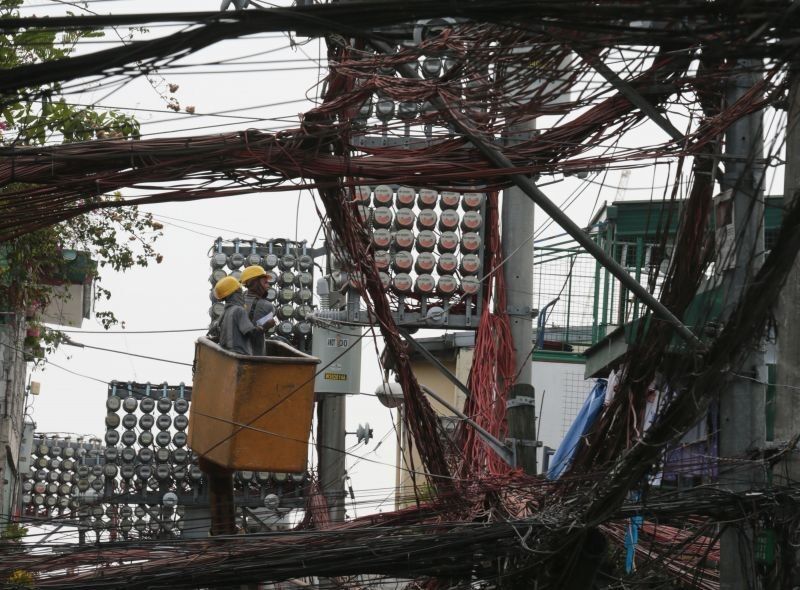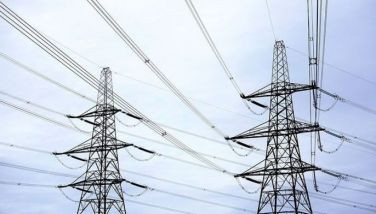ERC tightens pre-emptive measures vs surge in spot electricity prices

MANILA, Philippines — Energy regulators are tightening their policy to prevent excessive increase in prices of power sold in the Whole Electricity Spot Market (WESM) that could be passed on to consumers.
In a statement on Wednesday, the Energy Regulatory Commission said it amended its 2017 resolution that adopted earlier changes to the measures meant to pre-emptively temper price hikes in WESM, the main electricity market.
This time, the ERC said the latest updates would “clarify” the enforcement of two measures: the cumulative price threshold (CPT) and the secondary price cap mechanism.
From the previous practice of summing up spot prices within a rolling 5-day period, the period will be shortened to just 3 days. Under the rules, the rolling average of these spot prices cannot breach the CPT but if that happens, it would automatically activate the secondary price cap.
By shortening the period, regulators can move faster to mitigate sharp price spikes. Currently, the CPT in the WESM is set at P9,000/megawatt hour. Exceeding that limit would trigger a secondary price cap of P6,245/MWh.
At the same time, the ERC said it would also impose SPC mechanism to a specific region or island in the archipelago when the grid interconnection is on outage. The mechanism will use the same system-wide SPC value, CPT and rolling average period, ERC said.
“Because of the imposition of the Secondary Price Cap in May 2021, average price in WESM was at P7,428/MWh instead of P8,120/MWh. That is for the 5 days rolling average,” ERC Chairperson and CEO Agnes VST Devanadera explained in a statement.
“If reduced to 3 days rolling average, resulting price would have been P6,338.66/MWh,” Devanadera added.
The tweaks to the policy came after thin power reserves and lean supply in early June triggered rotating brownouts in areas in the Luzon grid at a time demand was extra high because of summer heat. To bridge any supply gaps, power distributors usually tap the spot market where they can purchase additional power at much higher costs compared to pre-agreed supply deals. The added costs are then passed on to consumers.
“The Commission is cognizant of the country’s need for additional capacity which will come from new investments,” Devanadera said.
“Nonetheless, we also need to implement mitigating measures such as the Secondary Price Cap in consideration of the paying capacity of the majority of the consuming public in pursuance of our mandate to exert efforts to minimize price shocks for the protection of consumers,” she added.
- Latest
- Trending






























